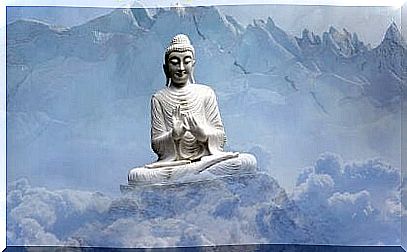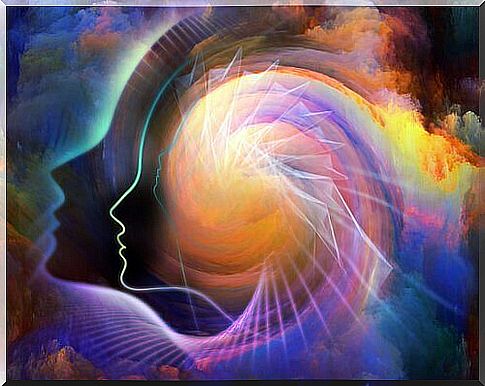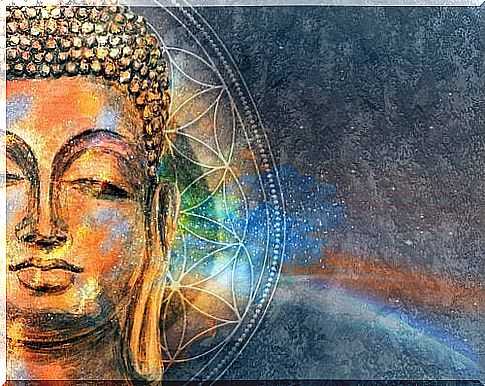Nirvana, Or The State Of Liberation

Nirvana is considered a state of liberation from suffering or “dukkha” and is part of the rebirth cycle of Shramana philosophy. It is one of the most important concepts in Buddhism, Jainism and Hinduism and it can only be achieved through different spiritual practices or techniques.
In this way, whoever succeeds in attaining the state of Nirvana will be absolutely free from all suffering. The being reaches the state of Nirvana after a strenuous effort during a long spiritual journey, where he is finally released from all attachment.
Why is the state of Nirvana important in Buddhism?
The state of Nirvana is extremely important in Buddhism because it breaks with the cycle of Samsara. This cycle perpetuates suffering through reincarnation and the experiences of karma.
Through the state of Nirvana, one attains absolute liberation due to the end of the cycle of life and death. In this way, we pay off our karmic debts while being completely cleansed of all suffering.

Nirvana is the ultimate instance of liberation achieved by those who practice Buddhism, Hinduism and Jainism. One could say that attaining Nirvana opens the door to total peace, unaware of any external circumstances.
Likewise, by and large, this term is also used to refer to one who has succeeded in surpassing himself or overcoming particularly complicated circumstances. Any negative situation or feeling that causes discomfort can be a barrier to well-being. That is why, through Nirvana, one can liberate the soul and find fullness in one’s existence.
How to reach the state of liberation?
The path to Nirvana is a personal process of discovering the absolute truth. In this way, to reach the state of total liberation, the being must renounce all attachment and all material desire, because it is considered that this attachment can only bring suffering.
A being is absolutely free only when what previously bound him to things is overcome. From then on, he feels happy and the cycle of life and death no longer matters, because all karmic debts automatically disappear.
However, one cannot define Nirvana per se, as this would amount to limiting material or cultural conceptions. To achieve this, a process of meditation is necessary in order to fully analyze the body and mind, which lack independence.
Nirvana of a psychological conception
From a psychological point of view, Nirvana would correspond to a state of calm. It is about reconciliation with oneself, where the conflict ceases to be a burden. We are talking here about a state in which the tension is reduced to its maximum expression. An absence of psychic tension which would not attenuate the sensory reflexes and which would also bring emotional stability.

In itself, Nirvana is far from being a psychological concept. We draw it in an original way from a perspective of faith. However, this does reflect his definition of a state we can aspire to. It is a positive starting point from which one can recharge one’s energy and initiate changes.
On the other hand, it offers a very interesting reflection on the motivating and “frustrating” role that desires associated with our emotional state can play. A desire can be the stone that ends up sinking when we are pessimistic. It can also be a source of energy and inspiration when we are optimistic.










